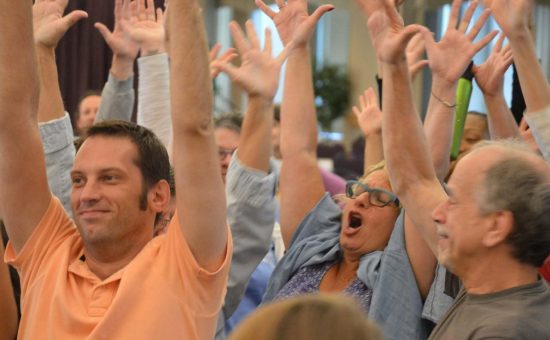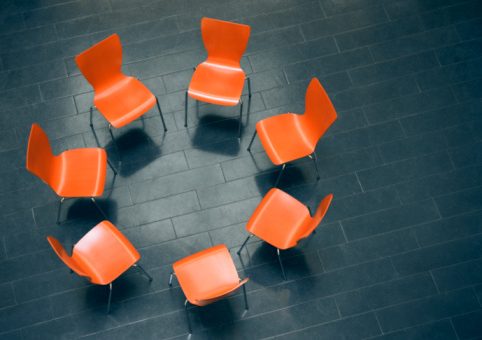Equipping interpreters with resources that educate, inspire, and make sign language interpreting better for everyone.
Recent
Stay Current
Want to be among the first to know when we publish new content?
Latest
Community & Culture
Coffee Chats: Sign Language Interpreters Face a…
It’s a transformative time for interpreters! How do we interpret in a world with a prolonged pandemic? Join us for…Trending
Featured Collections
Handpicked insight just for you.
Community














